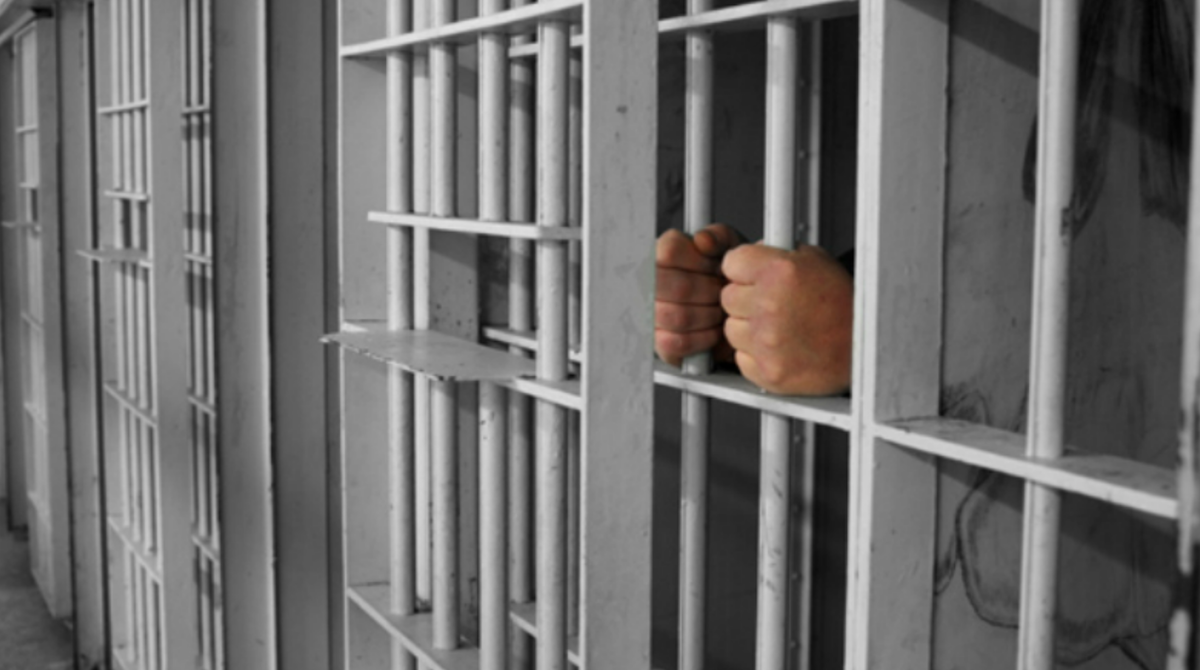
Amnesty law in Georgia
The Georgian government plans to pass an amnesty law before the elections, announced prime minister Irakli Kobakhidze during his report to parliament. According to Kobakhidze, the law will be adopted in September, a month before the parliamentary elections.
Kobakhidze highlighted the importance of “significantly reducing” the number of inmates, which currently stands at about 10,000.
Herman Sabo, a member of the Girchi party, questioned Kobakhidze about the amnesty.
“A list of relevant articles and provisions of the Georgian Criminal Code that may be associated with the release of individuals under the amnesty has already been compiled. In the coming days, we plan to introduce the corresponding bill. We will likely need to hold a special session in July to discuss these issues. The bill can be passed in its first reading in July, with the final adoption of the amnesty law in three readings by September,” stated Irakli Kobakhidze.
Amnesty law proposal by opposition
On February 28, part of the opposition submitted an amnesty bill to parliament. The bill was authored by the Girchi party, with co-authors from the National Movement, Strategy Aghmashenebeli, European Socialists, Aleko Elisashvili, Khatia Dekanoidze, and Tariel Nakhaidze.
If passed, the bill would reduce the sentences of nearly all inmates, except those convicted of crimes against minors.
Girchi party leader Iago Khvichia claims that the amnesty would also apply to Mikheil Saakashvili, but Parliament Speaker Shalva Papuashvili insists that amnesty for the former president is “out of the question.”
Former prime minister Giorgi Gakharia’s party also opposes amnesty for those convicted of official misconduct. “Looking at history and considering today’s context, we cannot accept concessions regarding official crimes,” says For Georgia party member Alexandre Motserelia.
According to the bill:
- Sentences for serious and especially serious crimes would be reduced by one-quarter.
- Sentences for less serious crimes would be halved.
- Sentences for drug-related and official crimes would be halved.
- Life sentences would be reclassified to 30 years.
The explanatory note states that Georgia today has one of the highest incarceration rates in Europe and that its criminal code is more “repressive than Soviet-era legislation.”

